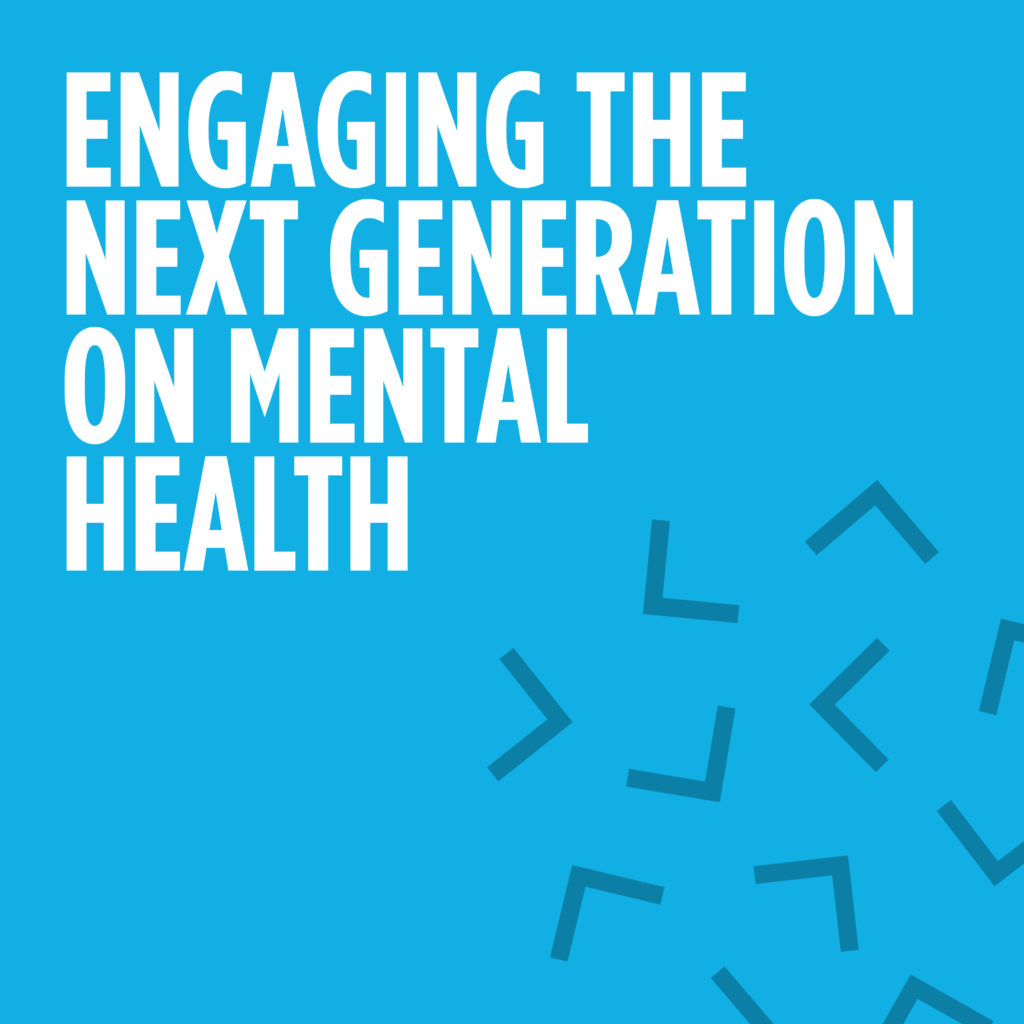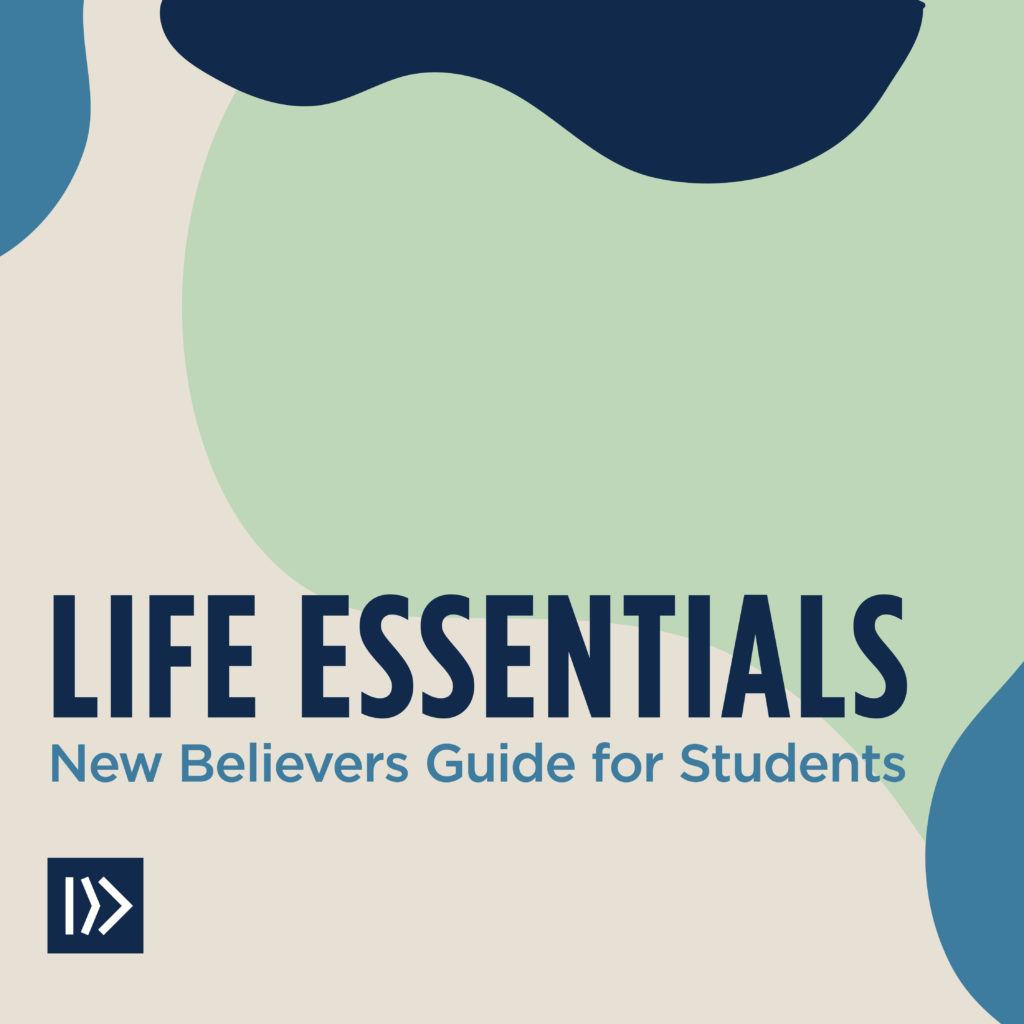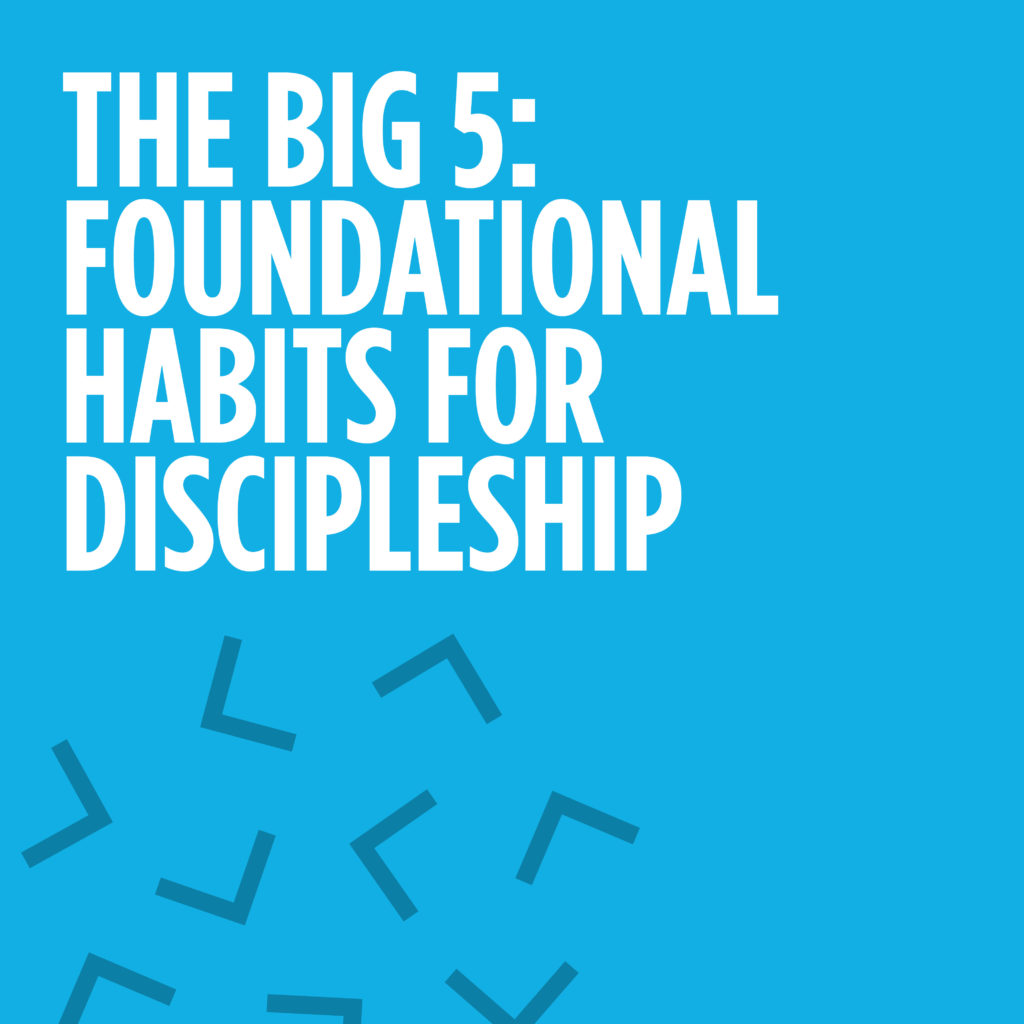EDITOR’S NOTE: Shane Pruitt is executive director of next gen evangelism at the North American Mission Board.
ALPHARETTA, Ga. (BP) – According to a recent Barna study, half of 18-year-olds in the U.S. report anxiety and fear of failure, and about 40 percent say they often feel sad or depressed. Thirty-four percent of young people say they feel lonely and isolated from others.
The church in America is undoubtedly doing a better job of addressing the ever-growing anxiety of younger generations, but we still have a long way to go. We used to largely ignore it or spiritualize it away. Often, the only response to mental and emotional health was to tell the person struggling to read the Bible and pray more (among other disciplines). This isn’t wrong – our spiritual disciplines play a very important role in mental and emotional health – but some have clinical struggles that need additional attention.
Don’t underestimate the power of open, honest and vulnerable dialogue with the youth in your church about their worries, anxieties and fears.
Here are eight things to remember as churches start these conversations:
- Develop proper biblical teaching on the role of emotions and thoughts in our walk with Jesus.
- Cultivate an atmosphere in our churches that makes it safe for people to share their struggles.
- Leaders, be transparent about your own struggles in this area. This gives permission for others to do the same. They won’t do what their leaders aren’t willing to do.
- Make emotional and mental health a part of your discipleship process and leadership pipeline.
- Teach about God’s common grace of doctors, counselors, medicine, etc. God can still get the glory, as these means of healing are provided through His common grace.
- Keep trusted resources, books and articles as ready references for your people.
- If possible, have a trusted counselor or counseling center to which you can refer people. If you jump into this conversation, people will likely ask you where they can go to get help from a counselor.
- Preach the power of the Gospel. There is popular statement with young adults – “it’s OK to not be OK”. This is a good starting place because it encourages transparency and honesty. But we must realize this statement is just a starting place. The Gospel goes further than that. The Gospel teaches: it’s OK to not be OK, but it’s not OK to stay that way when there is another way. Jesus is the Way. He loves us so much He wants us “just how we are,” but He also loves us so much that He won’t leave us that way. Now, is the time to get help, and to begin to move forward!
Published May 16, 2022


